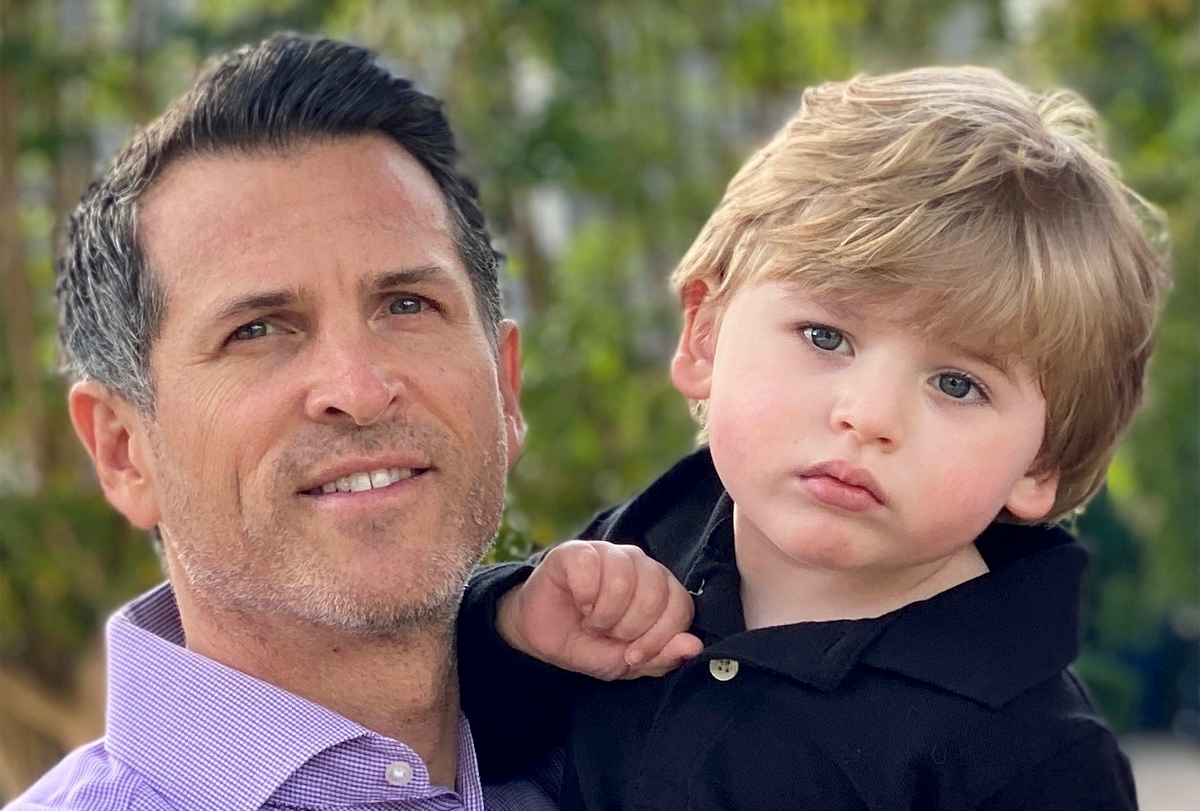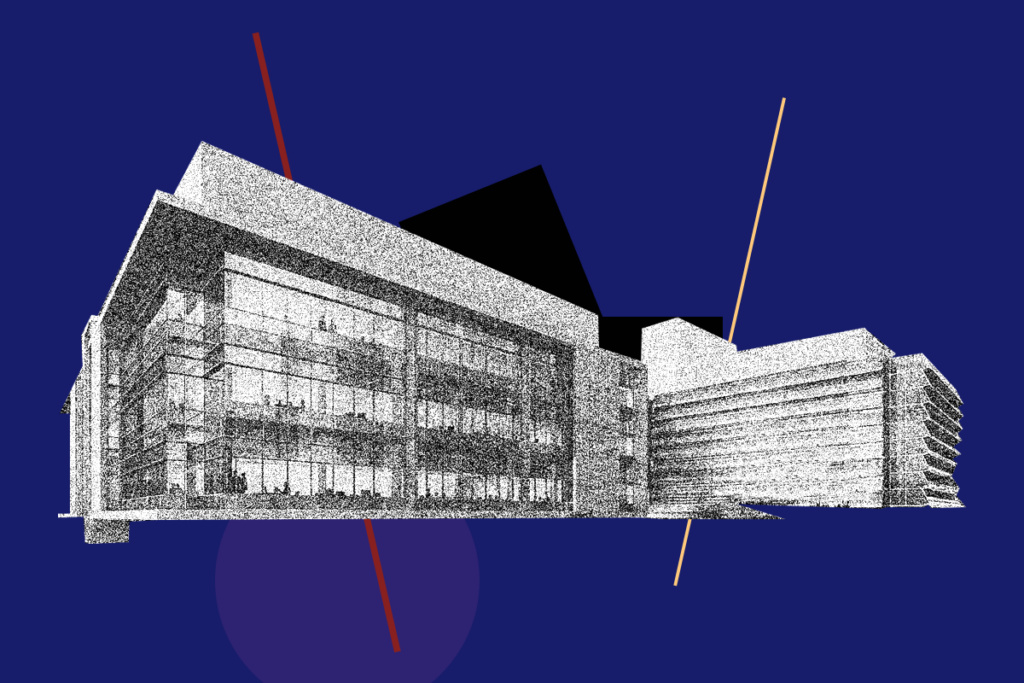Justin West is a physician and father of three. His youngest son, Andrew, was diagnosed with KCNT1-related epilepsy at 9 months of age. He is director of clinical medicine at the KCNT1 Epilepsy Foundation, working with researchers and industry to identify and evaluate potential therapeutics.

Justin West
President and director of clinical medicine
KCNT1 Epilepsy Foundation
From this contributor
Progress amid setbacks in drug trials for rare forms of epilepsy: Q&A with Justin West
Despite grave side effects, it’s vital to keep developing treatments for rare genetic forms of childhood epilepsy, says West, president of the KCNT1 Epilepsy Foundation and father of a son with the condition.

Progress amid setbacks in drug trials for rare forms of epilepsy: Q&A with Justin West
Explore more from The Transmitter
PTEN problems underscore autism connection to excess brain fluid
Damaging variants in the autism-linked gene cause congenital hydrocephalus—a buildup of cerebrospinal fluid in the brain—by turbocharging a downstream signaling pathway that promotes the growth of cells, according to a new study.

PTEN problems underscore autism connection to excess brain fluid
Damaging variants in the autism-linked gene cause congenital hydrocephalus—a buildup of cerebrospinal fluid in the brain—by turbocharging a downstream signaling pathway that promotes the growth of cells, according to a new study.
U.S. health agency purge includes 10 lab heads at National Institute of Neurological Disorders and Stroke
The reasons for selecting these researchers—who have led work on neuronal migration, dopamine receptors in neuronal signaling and the structure of ion channels, among other areas—remain unclear.

U.S. health agency purge includes 10 lab heads at National Institute of Neurological Disorders and Stroke
The reasons for selecting these researchers—who have led work on neuronal migration, dopamine receptors in neuronal signaling and the structure of ion channels, among other areas—remain unclear.
Five things to know if your federal grant is terminated
If you want to appeal the decision, know the rules that govern terminations, as well as the specific rationale given in your notice, science policy experts say.

Five things to know if your federal grant is terminated
If you want to appeal the decision, know the rules that govern terminations, as well as the specific rationale given in your notice, science policy experts say.